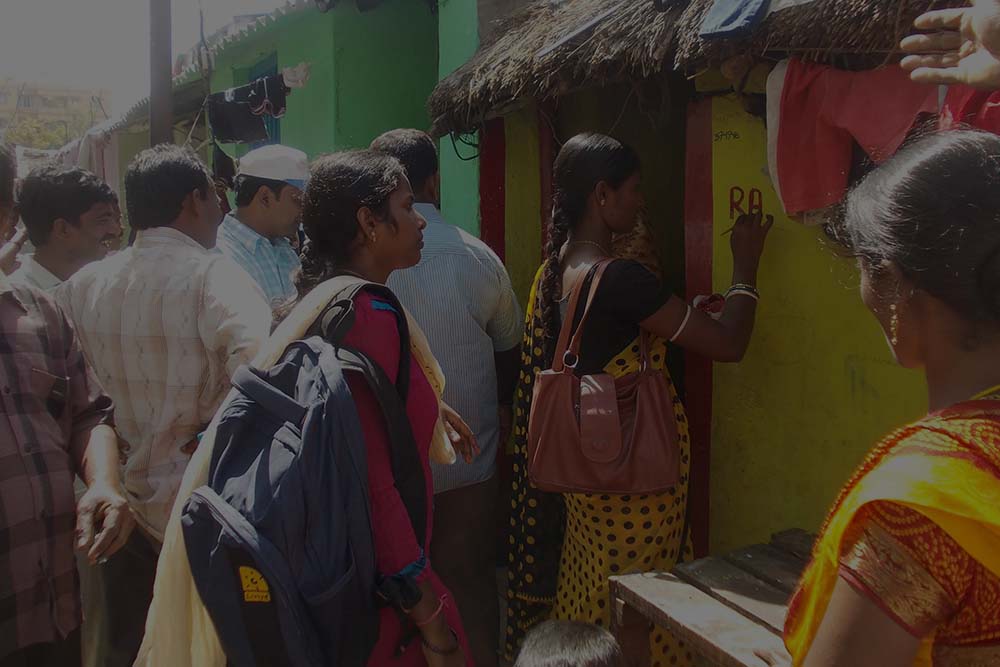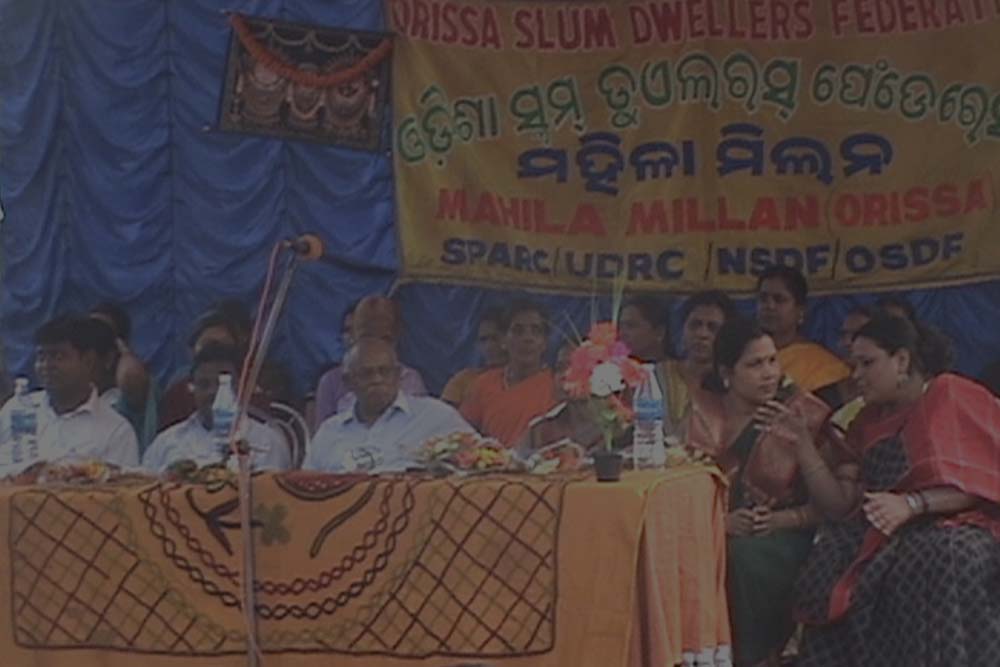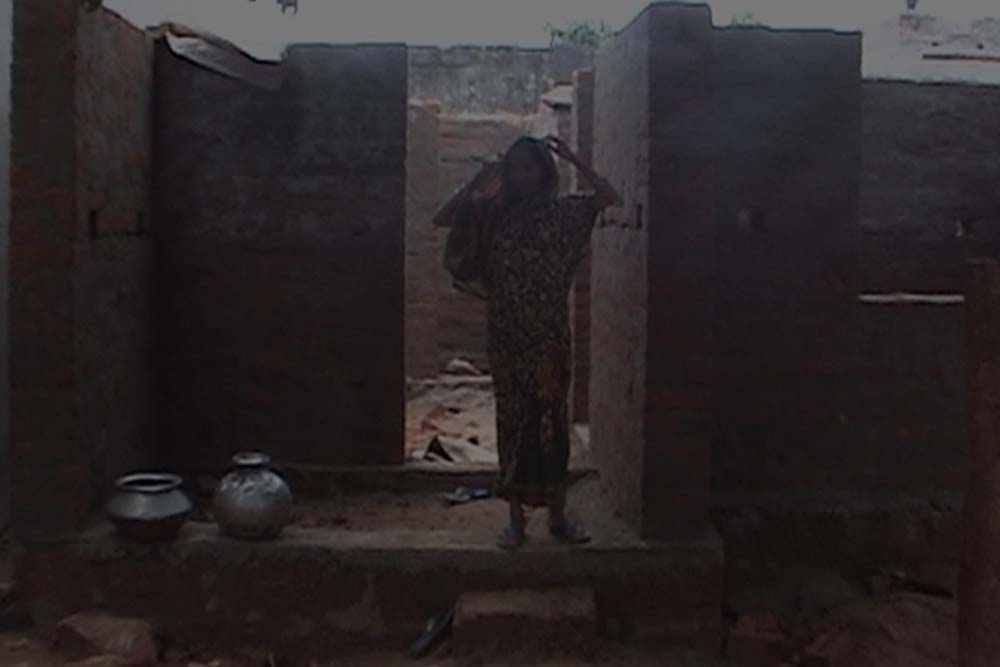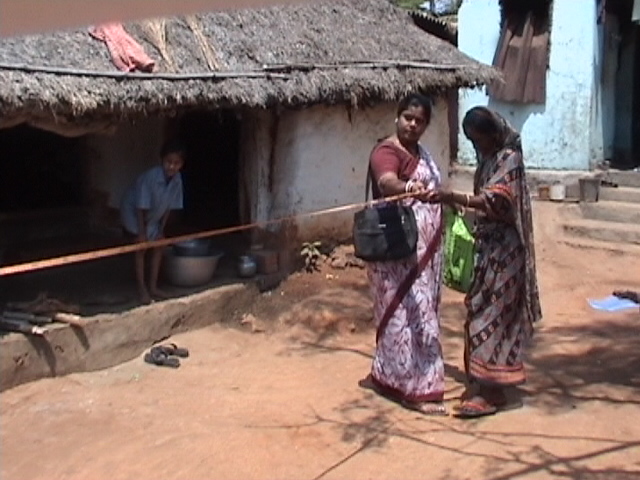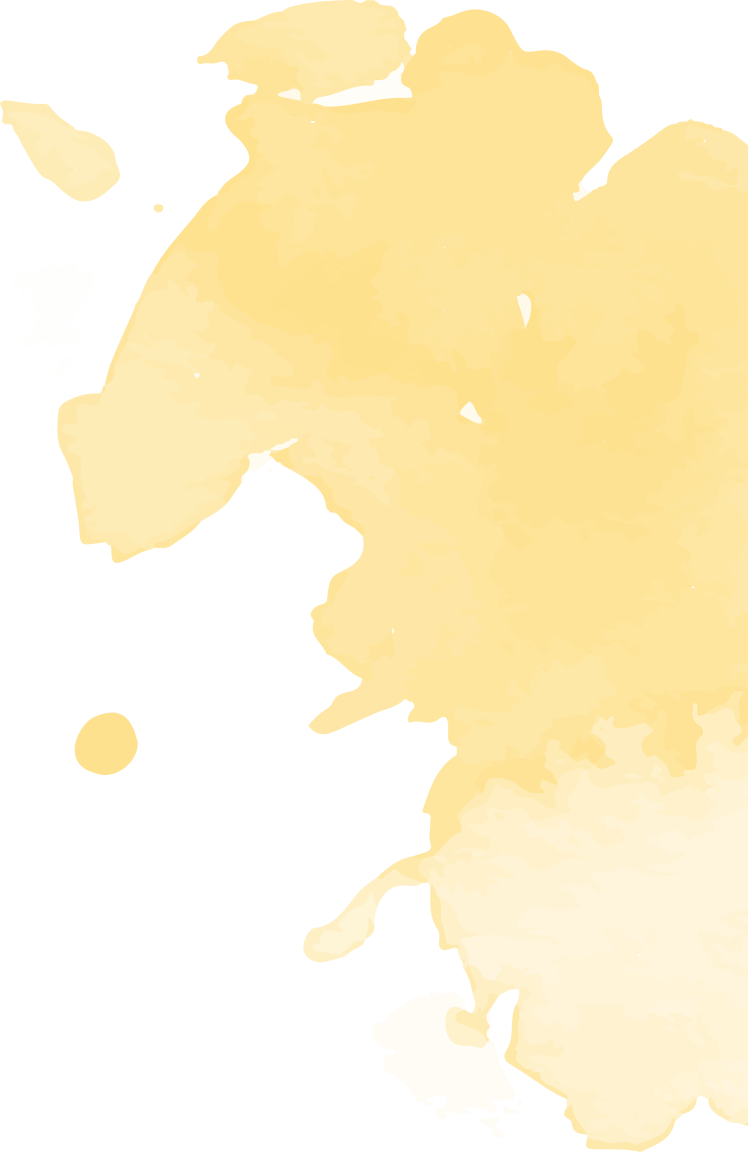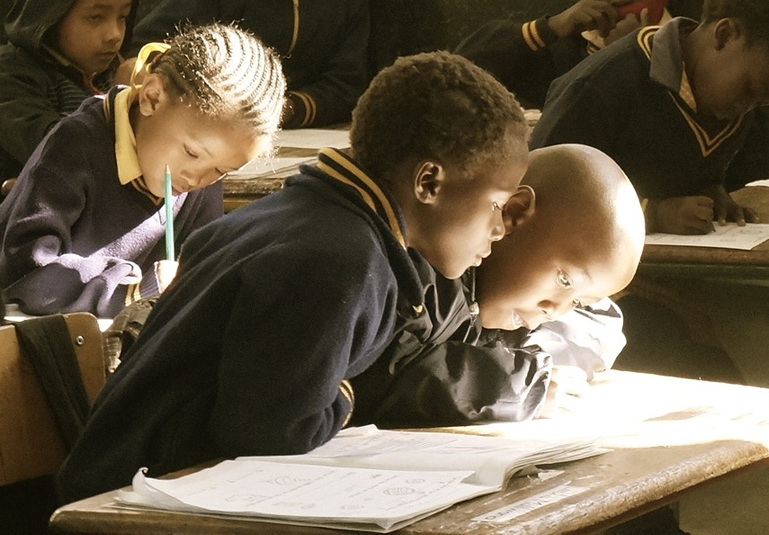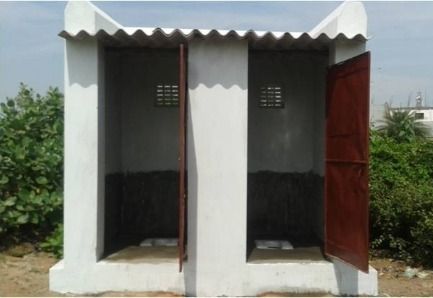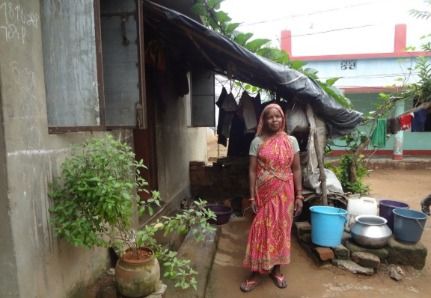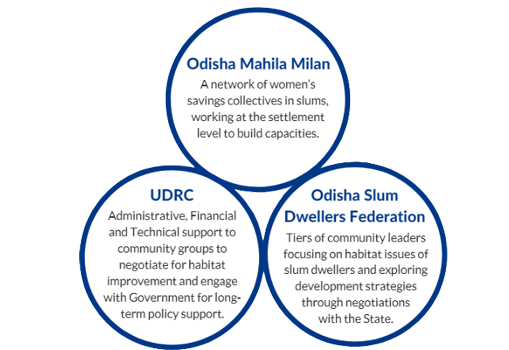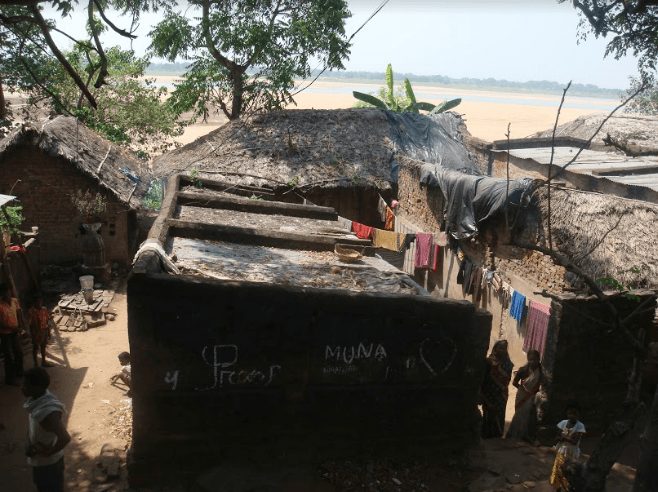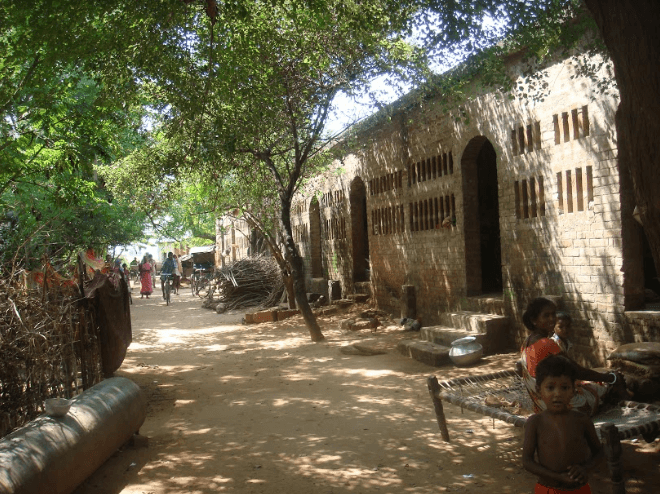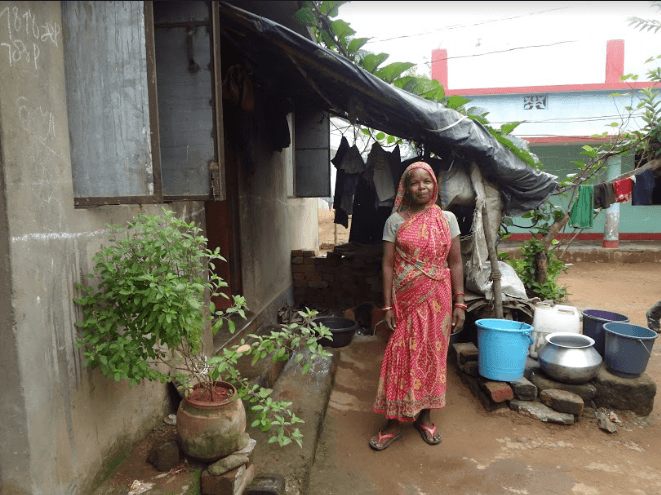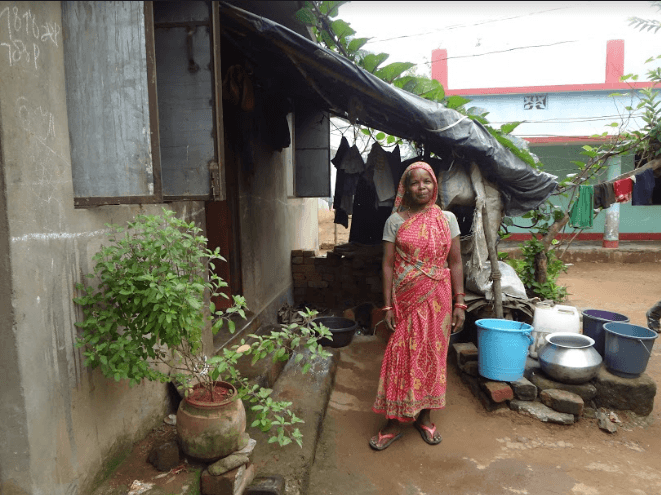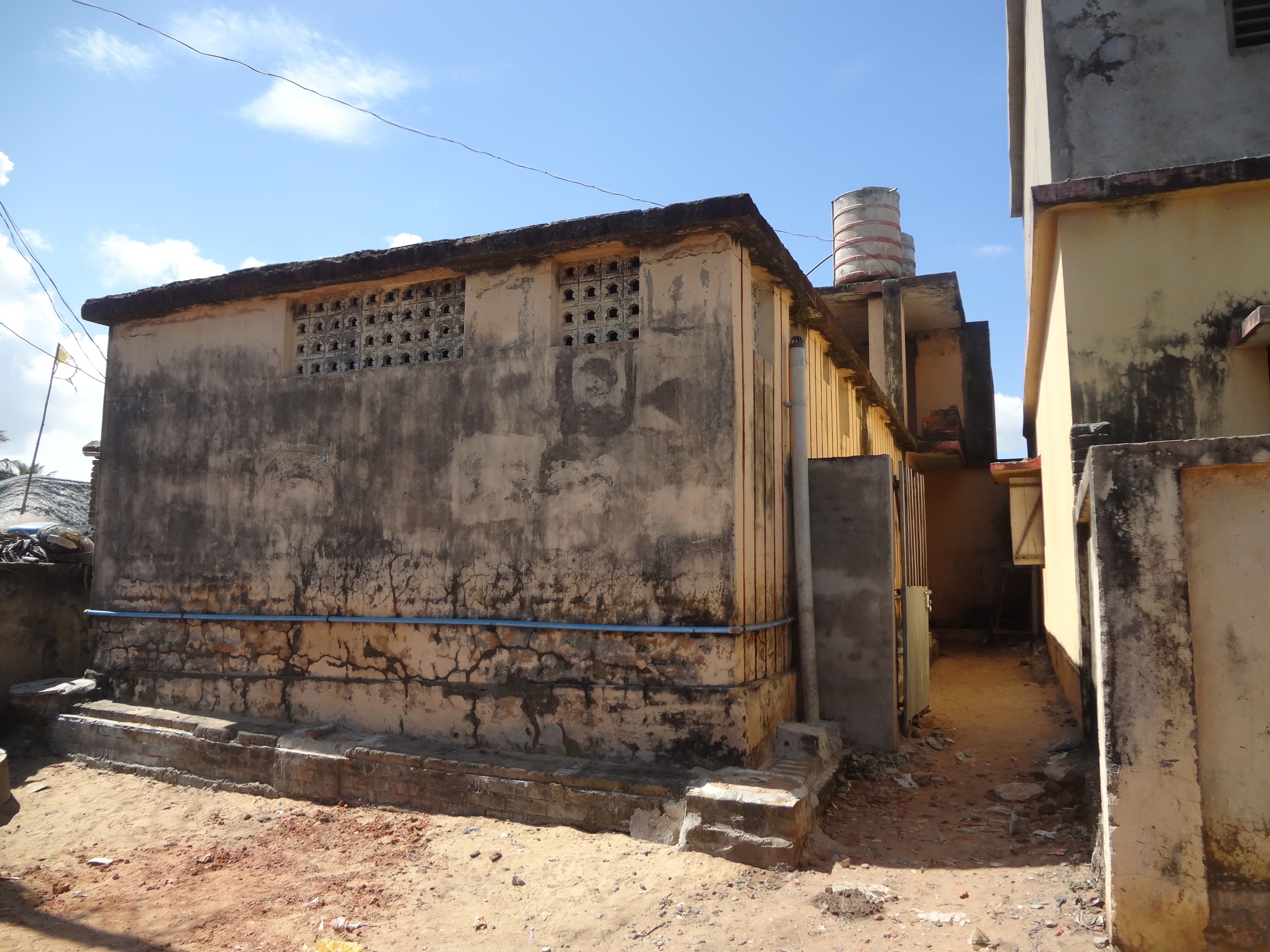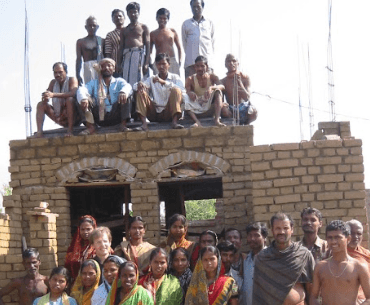The Urban and Development Resource Centre (UDRC)
UDRC focuses on empowering women, children and youth in informal settlements, to stop forced evictions and improve access to land, sanitation, water, electricity, housing, finance and livelihoods.
The Urban and Development Resource Centre (UDRC) is a non-profit organisation that for over 20 years has worked in two of India’s eastern States (Odisha and West Bengal) alongside grassroots organisations of Mahila Milan (Women’s savings collectives) and the Slum Dwellers Federation.
Our long-term vision is to create systemic change by creating a platform and a process based strategy by which communities themselves set the agenda for habitat improvement
More About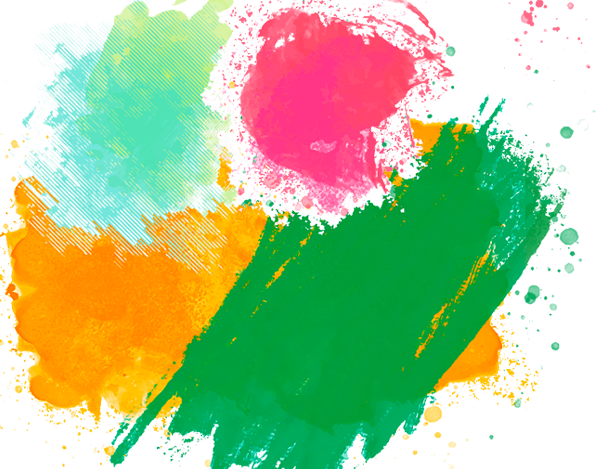
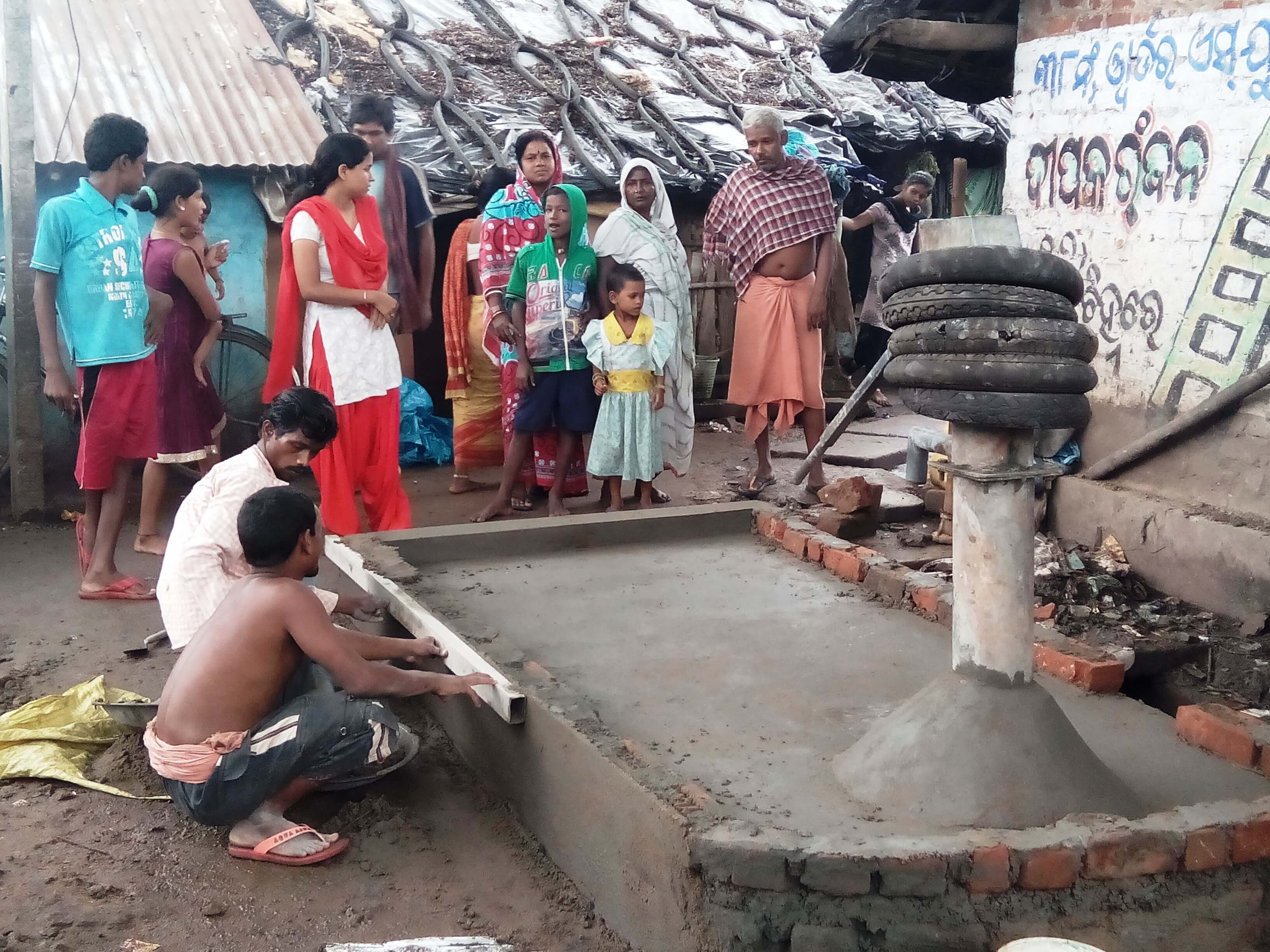
Our Approach :
Mobilizing Community
- 10,000+ members in savings
- 1,20,000 households enumerated & mapped
Alternatives
- 55+ Model Houses piloted
- 10 million rupee housing loans enabled
Peer Learning
- 1000 Inter-City peer exchanges
- 20+ State to State learning exchanges
Forging Partnerships
- 7 City Municipalities and Authorities
- 15+ Diverse Collaborators
Latest Work
UDRC collaborates with community based organizations to carry out data collection, helping slum dwellers create their own identities .
COMMUNITY WATER-SANITATION
The process is built on empowering communities and negotiating with local authorities for habitat improvement .
RESETTLEMENT DONE RIGHT
The process is built on empowering communities and negotiating with local authorities for habitat improvement .
IN-SITU SLUM UPGRADING
The process is built on empowering communities and negotiating with local authorities for habitat improvement .
Our Model
work can continue despite bureaucratic and political changes and during lulls in negotiations and unlike reforms initiated from above, these improvements are likely to be sustainable because they arise organically.
Core Processes
Managed by community federations and women’s groups, these centres act as a place of congregation and mobilization around the activities.
- 225 settlements in 2 States, 8 Cities with 11000+ members organised into savings groups.
- 200+ women community leaders built.
Managed by community federations and women’s groups, these centres act as a place of congregation and mobilization around the activities. The Alliance is active in six cities of Odisha – Bhubaneswar, Puri, Cuttack, Paradip, Berhampur and Jajpur across 184 settlements and in 3 cities of West Bengal - Kolkata, Kona and Kalyani across 20 settlements.
- 600 groups in 250 slum settlements save and have accessed a total credit worth US$ 83,242.
- 50 lakh rupee community funds used for improving basic services
A network of women collectives (Mahila Milan) is being created across slums around the activity of daily savings, thus mobilizing communities around financial and organisational systems and creating relationships at community, inter-slum and inter-city levels. The savings are used to make small loans for purposes of house repair, health or education.
- 710 slum profiles and surveys.
- mapping of about 120,000 households undertaken by the Federation
UDRC collaborates with community based organizations to carry out data collection, helping slum dwellers create their own identities in cities that have long neglected to map them and to better articulate their needs to access resources. Each of the city-level federations have completed settlement profiles which they update every two years.
- 55+ Model Houses built to demonstrate local solutions.
UDRC supports communities to demonstrate the sustainability of their ideas as pilot interventions which when successfully implemented can become scalable models for cities. Precedent setting activities include construction of model houses, community toilet blocks, electrification of settlements & provision of water facilities. These activities indicate not only to poor communities but also government officials and other stakeholders the potential of community-led, solutions.
- 1000 Inter-City peer exchanges
- 20+ State to State learning exchanges.
Community exchanges and meetings are based on the premise that the poor learn best from each other. Exchanges take place within & across cities, regions & countries, allowing members to visit each other’s settlements, learn about their challenges & achievements and build a pool of knowledge & skills around habitat improvement and pro-poor governance. This is also a way of breaking isolation and powerlessness, as poor communities associate with a larger collective and interdependent process.
- 7 City Municipalities and Authorities
- 15+ Academic & Professional Collaborators.
UDRC regularly negotiates with local and state authorities to enable access to amenities and challenge the top-down narrative of projects. The larger goal of UDRC is to advocate for pro-poor policy changes on the basis of grassroots experience. We aim to create space for NGOs to participate in government programs but also to create collaborations with professionals and academic institutions to co-create habitat solutions for the urban poor.
Meet our Team
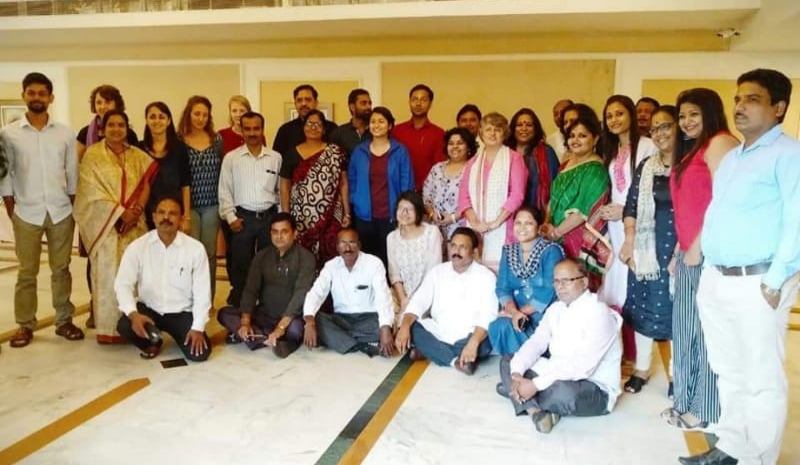


RAISED FUNDS

HAPPY DONORS

SUCCESS STORY

VOLUNTEER
Our Programs
Resettlement I Surveys & Mapping I Housing I Sanitation
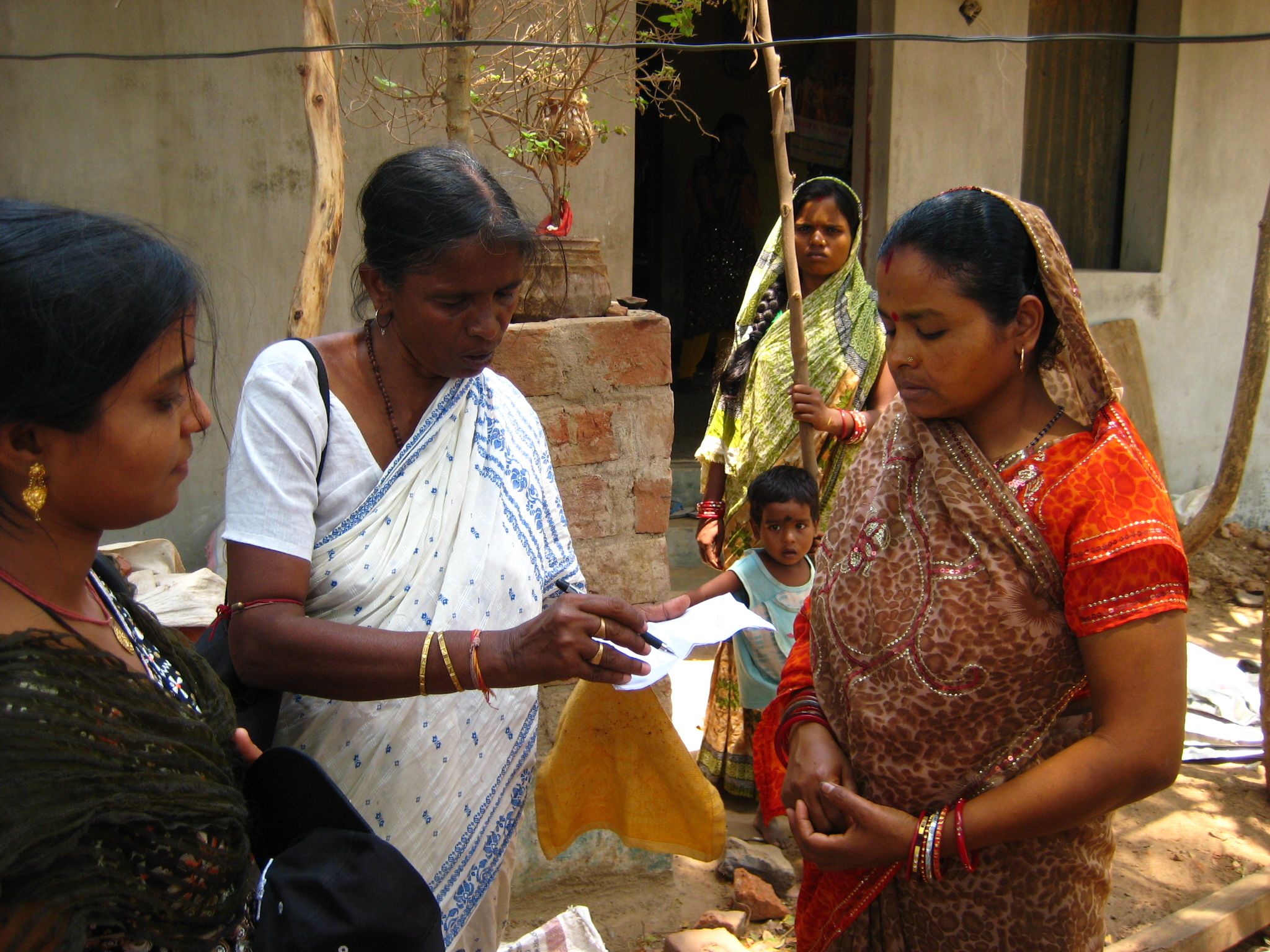
2011-13
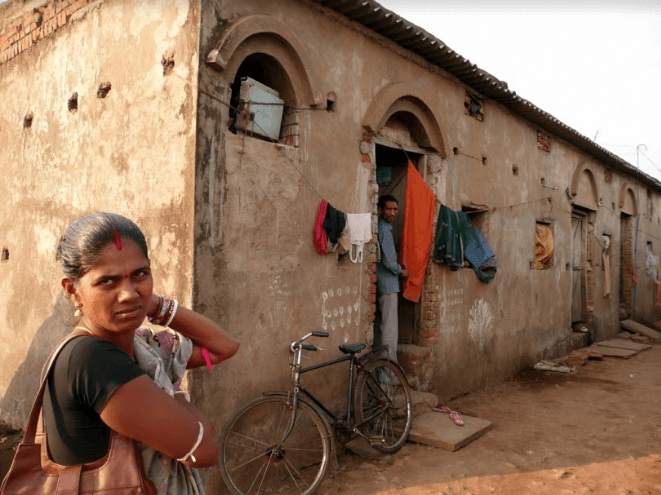
2004
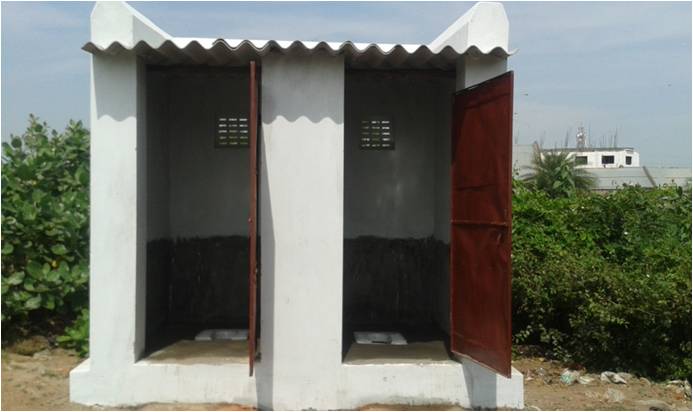
2013-15

